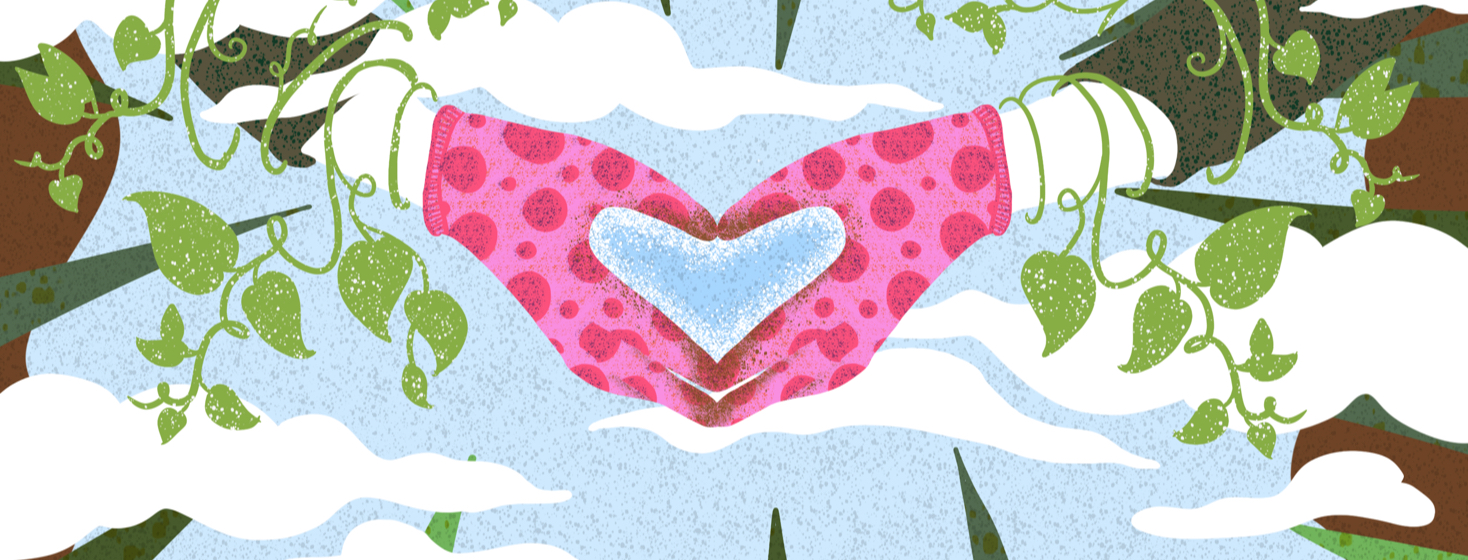A Life Well Lived (Part 1)
My friend Karla was murdered. I am still reeling from the shock.
Karla was a lung cancer advocate. We met about eight years ago, not long after her husband Russ was diagnosed with lung cancer. Russ died about seven years ago, yet Karla continued to be an advocate throughout the years.
I wanted to write this article to share my thoughts for several reasons, primarily because it is therapeutic for me. But I hope it might help someone else, too.
Our hearts can take only so much grief
Working and advocating for so many years in the lung cancer community, I have a tendency to condition my heart and brace myself for losing my lung cancer friends. I wish I did not. But I do. It may be a form of self-protection. After all, our hearts can take only so much grief.
We have lost so many friends and fellow advocates. I protect my heart by bracing for that possibility with many, if not all, of my lung cancer friends. Regardless of their stage or prognosis, on some subconscious emotional level, I am bracing for the loss. Honestly, I suspect many of us lung cancer advocates do this.
We must protect our hearts
But it extends beyond the lung cancer advocacy community. I remember many years ago discussing this issue with a thoracic nurse navigator. She was concerned that her heart was not as tender as it had been previously. At the time, I was gardening a lot and I used the analogy of tending the garden.
When I work in the garden, pulling weeds and such, I wear garden gloves to protect my hands. Otherwise -- my unprotected hands would be blistered and bloody. How long could I continue doing this type of work?
Likewise, I shared with my friend, we need to protect our hearts. What good are we to anyone if we are an emotional mess all the time. We could not function effectively in that state of mind. Thankfully, she continued working with lung cancer patients for another 10 or 12 years, until she eventually retired.
Where should we turn our attention and passion?
I remember another nurse navigator who responded in a different way. She thought that -- due to lung cancer’s high mortality rate -- she should work with patients with a different type of cancer. Compassionate and tenderhearted, she said she could no longer take the heartbreak of losing lung cancer patients. I encouraged her to continue working with lung cancer patients because, well, they desperately needed people like her.
But for her own emotional health, she left the lung cancer navigation program and began working with breast cancer patients. At the time, it was a terrible blow to the patients in that program. However, I understand.
Advocacy takes its toll over time
If you do not advocate for yourself, you cannot effectively advocate for someone else. Sometimes, I wonder if the time is coming for me to leave lung cancer advocacy. I wonder the same for my daughter who has dedicated 15 years to this work.
As we all know, being an engaged lung cancer advocate is profoundly painful. Don’t get me wrong. Advocating is the easy part. It’s loss after loss of the people we grow to love that takes a toll on us.
Read the continuation of Dusty's story in A Life Well Lived (Part 2).

Join the conversation